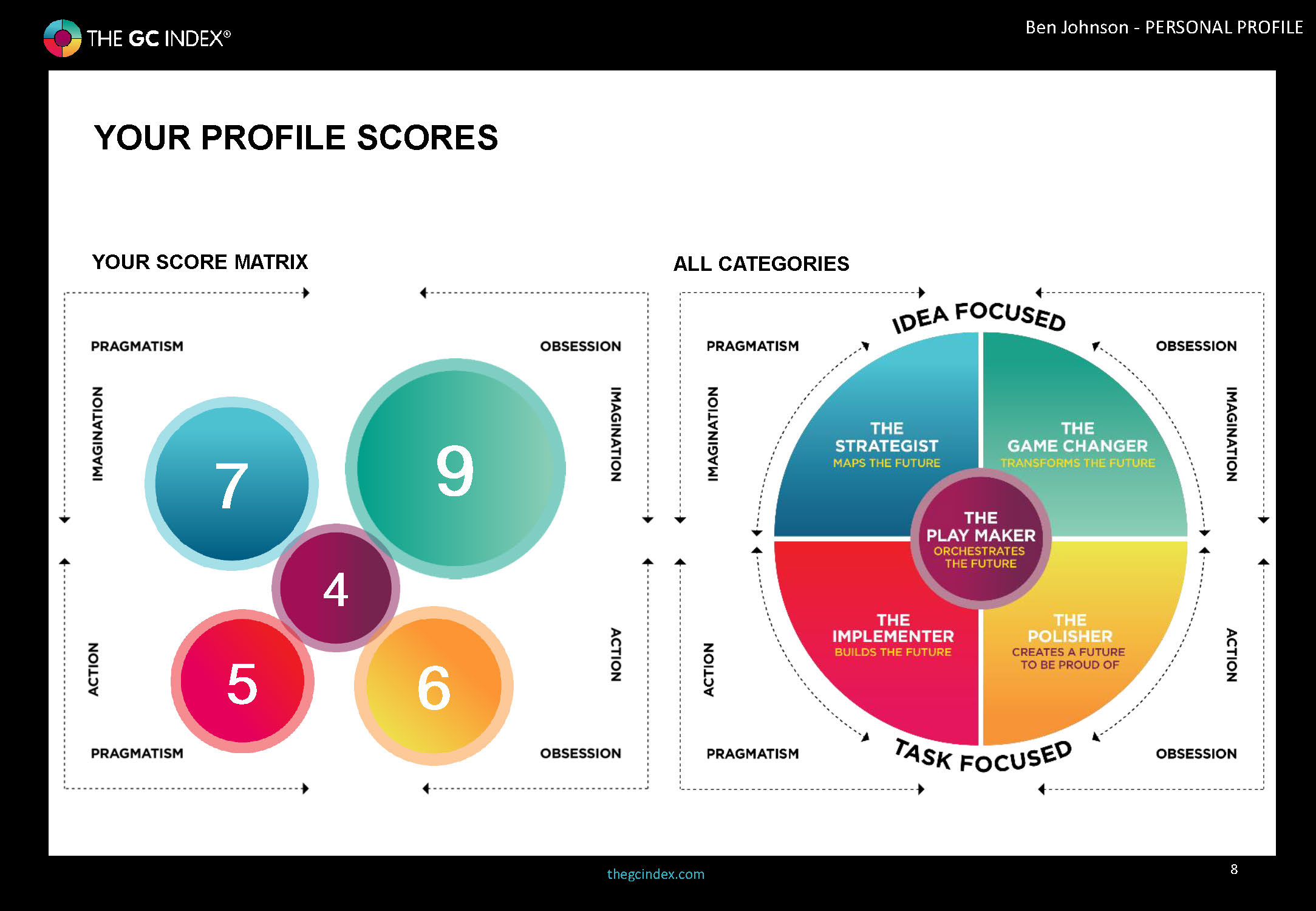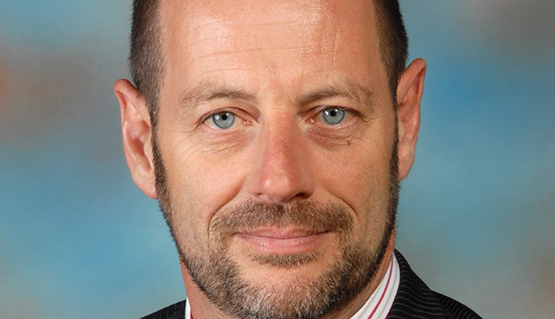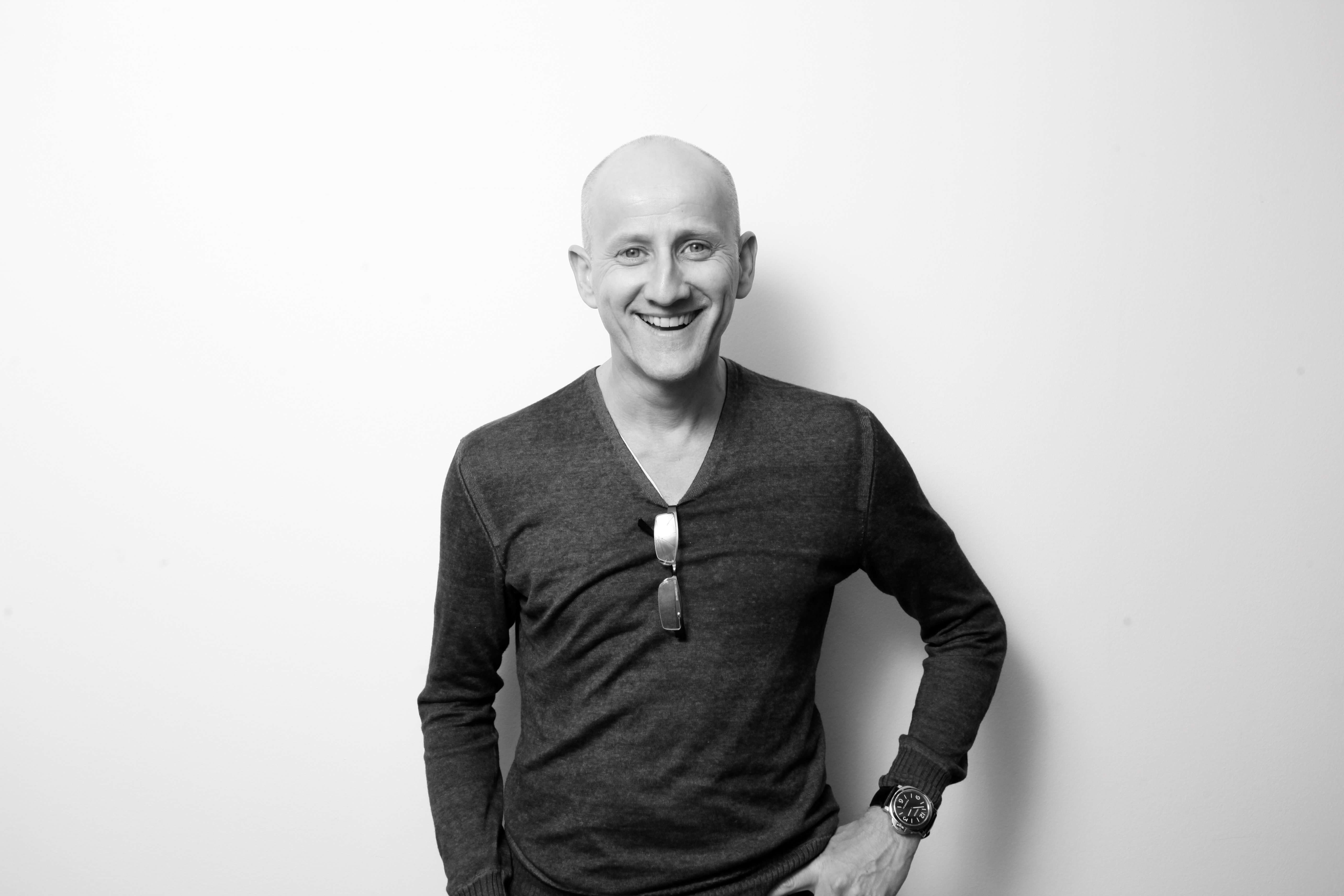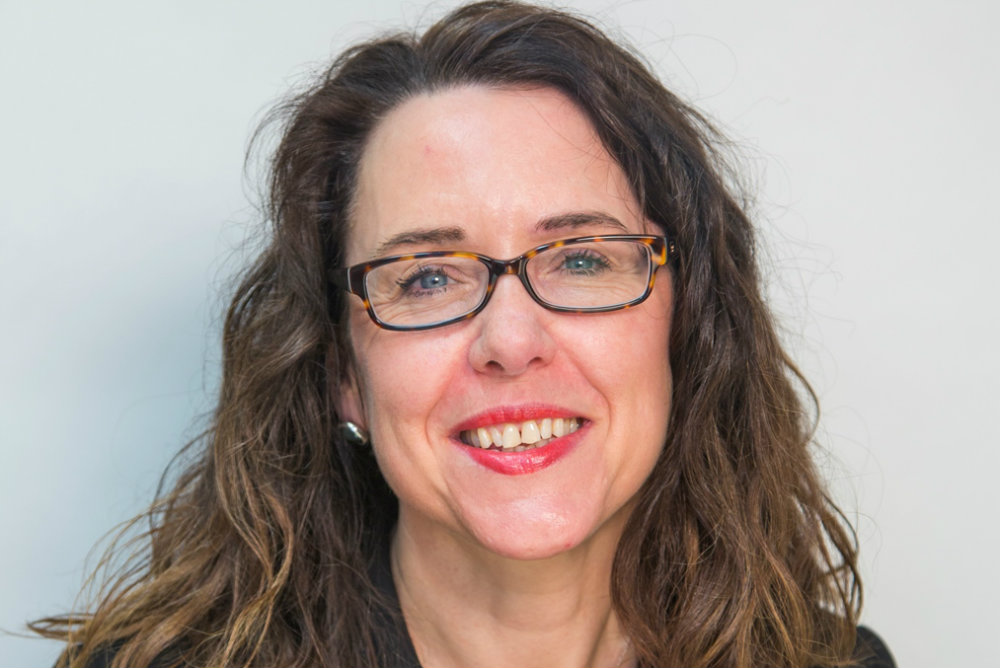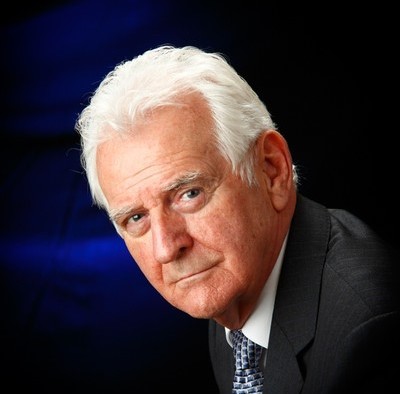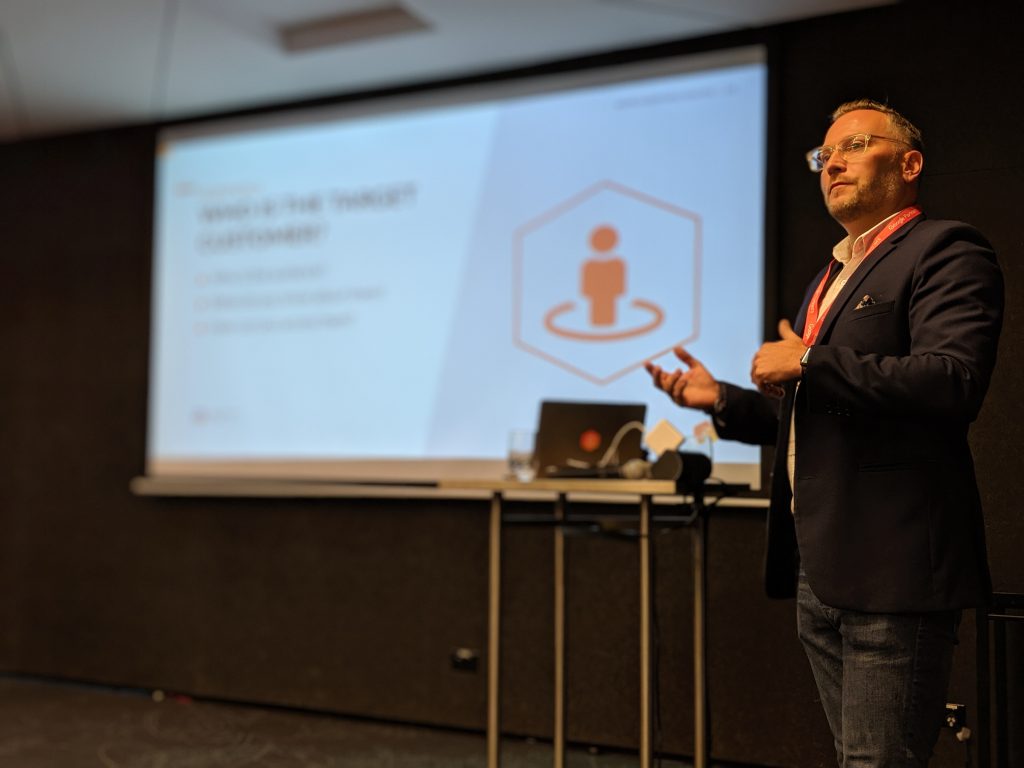
Ben Johnson is the Chief Executive Officer of ER24. He started his career as an Advanced Life Support Paramedic back in 1994 and after a short stint in Operations and Training, took the path into EMS Management. His career with ER24 started in 2004 where he was appointed as a Branch Operations Manager, and over the years worked his way up through the company to the current role of CEO (since 2016). In this role, he is responsible and accountable for providing strategic leadership and direction for ER24’s complete integrated service platforms – which include state of the art Contact Centre infrastructure, Emergency Assistance Services, Road and Aeromedical Services and Evacuations, Site-Based Medical Services, International Patient Management, Hospital In-patient Referrals, and Medical Repatriation.
His number one career goal has been to position ER24 as the medical assistance company of choice for the African continent. This has been achieved by exemplary customer service, sound operational management, innovation, technology and through high quality, yet cost effective service delivery mechanisms.
He is currently completing an MSc in Healthcare Management through the Anglia Ruskin University in the UK.
Ben, you recently did the CG Index and your profile suggests a Game Changer / Strategist proclivity, which has an inclination to a Visionary leadership style, leading with creative ideas and possibilities that shape the future. How does that resonate with you?
I think after doing the questions on-line, and seeing the results, it actually came out exactly as I see myself. Visionary, for me, is not necessarily the big things, it’s not always ground breaking changes. It is around seeing opportunities, seeing things that could be done better and, being open to pushing the boundaries, taking risks and looking at the bigger picture. The ability to read cues about what’s going on, specifically in business, and in the environment and the economy. Being open to actually look at things and push them, and put yourself five or six years, or ten years ahead, and trying to continually visualize what the world is going to look like. So, on the Game Changer side that resonates with me. I’ve always had a very strong operational background; that’s always pretty much been my career, in EMS operations. So I suppose the things that come out from my Game Changer side of my personality, is it always comes down to reality, and always looking at: Okay so if we did X, how would that work, what would that look like, what is the impact for example, on finance, or on human resources etc.
So the grounding aspect for me, is that things that get dreamt up have a good chance of actually working, because it does come with the grounded thought.
So the grounding aspect for me, is that things that get dreamt up have a good chance of actually working, because it does come with the grounded thought.
I would say that is the interplay between the Game Changer & Strategist, where you do look at those ideas in a more commercial operational context, as opposed to just big ideas.
Yes. The ideas are great, but the reality is if you can’t get them working, then really it is just an idea on paper, and it sadly will never go anywhere. And that happens quite a lot if you are not able to bring that reality to it.
Ben, when in your career have you felt that your role was most in tune with these proclivities?
I found it quite a few times in my career, but I think right now with Covid, it has been a game changer for all of us. I mean it really has turned the world that we knew on its head. It has allowed flexibility to think differently and to relook things, and view how things should be done differently. It’s not just me thinking like that, if you just read the news, look what’s going on, everything is being relooked and turned on its head. I think this type of a situation we are in globally, is definitely playing to those sorts of strengths. Just from a normal practical sense, we’ve implemented solutions for clients now in the past month, two months, that might have taken months of discussion and planning, now, within the space of a month you’re meeting, you’re getting together and you are rolling them out, and that definitely suits my proclivities.
Interestingly, I’ve seen how Covid has really been almost a great place for the Game Changer to come out. Aside from the obvious tragedy, It’s been an opportunity for real creative ideas, with businesses needing to pivot, and do things so differently, where a lot of the other proclivities have tended to be quite anxious in this time, and I’ve almost seen the Game Changers come to life in a lot of instances.
Yeah, I agree with you. And as much as we are all fully aware of the negative impacts, and it has been quite catastrophic for the world, I still, looking at it positively and optimistically, I think a lot of good will come out just in terms of how things are going forward, maybe the way we treat each other, the environment, and things like that. If we look within our own Group, people are way more open to new things. For example, before… it’s the one that is spoken about often, is this work-from-home. We had a corporate office and there was the hospitals and we had our ambulance bases, and that’s how it worked. Literally, as lockdown happened here, work-from-home… I’ve been working from home since March, so have most of my team, so has most of 24 Corporate Office, and most of our group office, and if you’d thought of that last year, and put that on the table, to say we are just going to work from home next week, it would have been how, how. But it’s happened and it’s worked. And you’re seeing that change now, which I suppose has a positive impact on us as people, because there’s not that stuck in traffic stress. It is going have impact on office space and companies that do office management. So there’s always a positive and there’s always an impact. But in short, it is definitely a time for out-the-box thinking being allowed.
Ben has there ever been a time in your career, that you can think of, where you have been less in tune with your proclivities?
Yeah, definitely, it actually went back to when I was a reginal manager in operations. Things had got stagnant, the way things were being done was just the way they were being done, and in my view it wasn’t working, I think the results at the time showed that, but I had a boss above me and I suppose despite trying to show, and highlight, and demonstrate that we needed to shift and move, it just didn’t happen – the story ends happily because I was looking at change at that time, I can’t work in that sort of ‘every day’s the same; we do things the way they are done because that’s the way’… I cannot work that way, and that’s the sort of environment at the time. I was actually looking to move on, but, my boss at the time ended up moving on, I didn’t and I suppose I’m here now. So I suppose it was a tough time, but I stuck through it and ultimately it has paid off. I cannot work in that sort of bureaucratic, archaic… No, that’s like the end of me I must say.
I can imagine. What skills have you had to develop along the way to make the most of your proclivities?
I think if we talk theoretical skills, because it’s not always the softer side, I think finance, theory, operational finance understanding is a must, operations management and theory around that definitely. I have a keen interest in analytics, statistics, modelling, scenario planning, that type of thing, and project management, and so those types of things probably, play into my Strategist side, is that you can come up with these concepts, but if you don’t have the fundamental skills to put it into practice and put it into reality, it will just remain an idea on paper.
But the soft skills, it’s definitely tapping into your EQ. You’ve got to be intuitive to what the other people are feeling and thinking. And definitely an ability to encourage collaboration and out-the-box thinking, team work. Ideas are great, but if you can’t get people around the table to actually put them into life, nothing is ever going to happen. Clear communication is a must, If you think of a lot of the stuff we’ve done because we’re in a corporate, and it’s a publicly listed group at the end of the day, there is governance, so as much as you want to come up with new ideas they still have to follow governance processes. If you can’t clearly communicate why you are wanting to do something different, or why you are wanting to think out the box, it’s never going to happen, so you have to learn to be clear, and that even applies to communicating down to your team. Listening and understanding the team dynamics, is a big one. And it’s just those general skills that one has to develop along the way.
But the soft skills, it’s definitely tapping into your EQ. You’ve got to be intuitive to what the other people are feeling and thinking. And definitely an ability to encourage collaboration and out-the-box thinking, team work. Ideas are great, but if you can’t get people around the table to actually put them into life, nothing is ever going to happen. Clear communication is a must, If you think of a lot of the stuff we’ve done because we’re in a corporate, and it’s a publicly listed group at the end of the day, there is governance, so as much as you want to come up with new ideas they still have to follow governance processes. If you can’t clearly communicate why you are wanting to do something different, or why you are wanting to think out the box, it’s never going to happen, so you have to learn to be clear, and that even applies to communicating down to your team. Listening and understanding the team dynamics, is a big one. And it’s just those general skills that one has to develop along the way.
Let’s talk about teamwork, What are the types of people that you like to surround yourself with at work, in terms of getting the best out of those proclivities that you have?
I think fundamentally, if I look at our immediate team, we align on a human level and on a value level, so I think if you can’t align on just being a basic human, and how you treat people, and respect and integrity, then there’s no chance. It’s around free-thinking, people must be able to think, they must feel comfortable to voice their opinion. I don’t like it when people hold things in, you must be free to talk, and put your opinion out there. I like to work with people who are self-motivated, self-starters, that was one of the things in the GC index profile… I don’t micro-manage, I don’t people manage directly, so people need to be self-motivated and they need to feel comfortable that there is not this constant supervision, although I need to just always remember to check in. And I think that, and independence is important.
As much as it’s vitally important to align on the human value level, people must bring different skills to the game. Especially in a leadership position, you mustn’t develop a team of “Yes sir”, “Yes boss”. No it doesn’t work like that. We have to challenge the status quo. Everybody should feel free to challenge what we are saying, and then hopefully we get a positive outcome from that and then we can implement. So those are the type of people I definitely like to have around.
As much as it’s vitally important to align on the human value level, people must bring different skills to the game. Especially in a leadership position, you mustn’t develop a team of “Yes sir”, “Yes boss”. No it doesn’t work like that. We have to challenge the status quo. Everybody should feel free to challenge what we are saying, and then hopefully we get a positive outcome from that and then we can implement. So those are the type of people I definitely like to have around.
Finally, what advice would you give to other future leaders Ben?
I’ve got some simple advice actually: You need to remember that you are only there because people want you there, and people put you there. So just because you are now in a leadership position, don’t get all smart, and don’t let your ego run you. You’re there because people put you there, and they want you there, so that’s why you’re there. And in that mind-set, just remember that it’s your job to serve others, people aren’t there to serve you. And I think if leaders across the globe, and there are a lot that completely get that, but there are a lot of leaders out there that don’t get that… And obviously you see the negative impacts of power on business, on the economy, in politics around the globe. So that’s a simple lesson, you know, you’re there because people want you there, and they put you there, and you’re there to serve them, and people mustn’t forget that.
Finally, what advice would you give to other future leaders Ben?
I’ve got some simple advice actually: You need to remember that you are only there because people want you there, and people put you there. So just because you are now in a leadership position, don’t get all smart, and don’t let your ego run you. You’re there because people put you there, and they want you there, so that’s why you’re there. And in that mind-set, just remember that it’s your job to serve others, people aren’t there to serve you. And I think if leaders across the globe, and there are a lot that completely get that, but there are a lot of leaders out there that don’t get that… And obviously you see the negative impacts of power on business, on the economy, in politics around the globe. So that’s a simple lesson, you know, you’re there because people want you there, and they put you there, and you’re there to serve them, and people mustn’t forget that.
Interviewed by – SQ Unlimited

